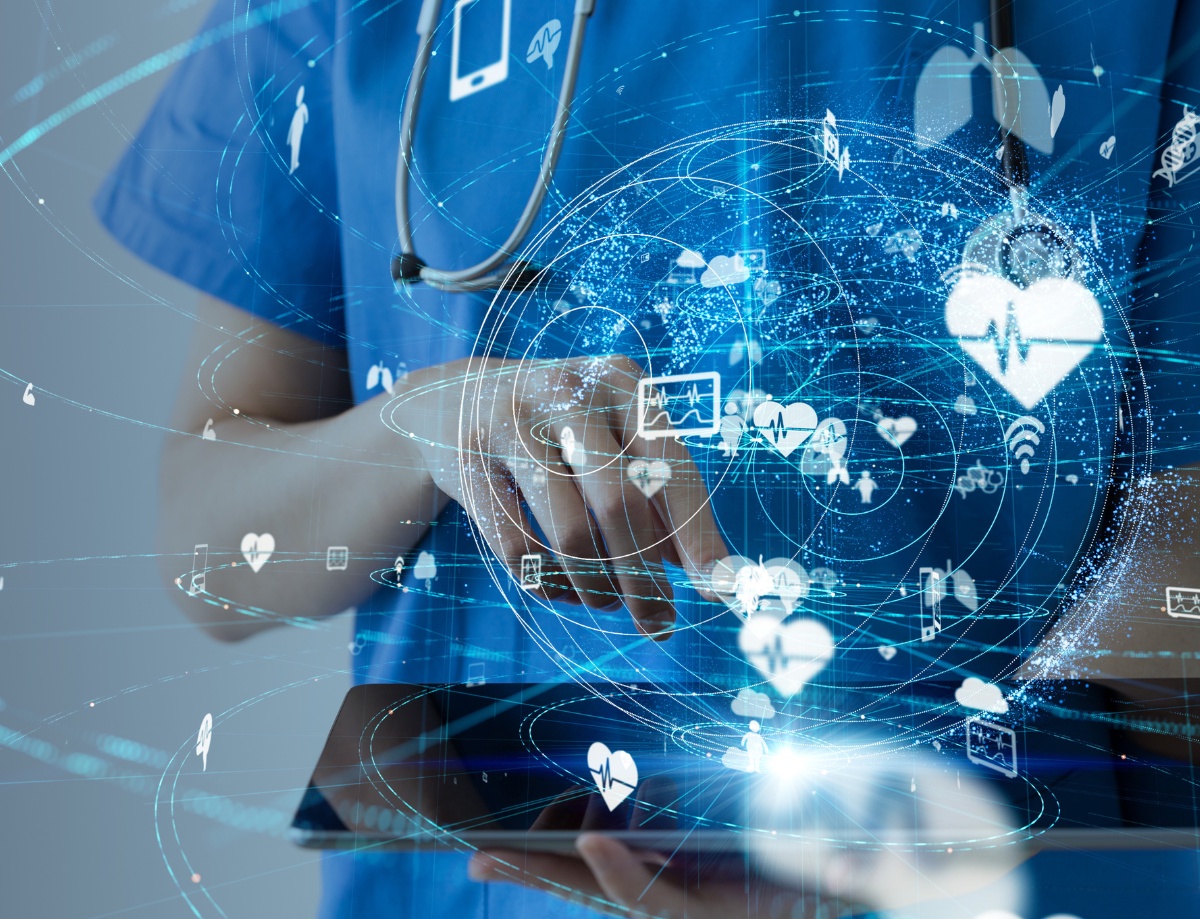Introduction: Taking Patient care to the next level
Software modernization is a key component of the digital revolution that the healthcare sector is going through at this time. Modern technology is being used to improve patient care, expedite administrative procedures, and boost overall productivity while also updating legacy systems. In this blog, we will explore and examine the overall impact of legacy software modernization, software modernization services and more. We will also look at how leading medical software modernization companies like Gate6, are dealing with modern medical software enhancements like healthcare apps, telemedicine, electronic health record (EHR) systems and more.
Legacy : Now going old.
Legacy medical software, while once groundbreaking and pioneering, has now become a barrier for healthcare professionals. These older aging systems seem to lack the flexibility and interoperability required to stay up with the continuously changing and ever-growing healthcare sector. That being said, the solution to all issues currently found in legacy medical systems is modernization by an experienced software modernization service provider.
Why do we need Modernization?
Interoperability: Legacy Software Modernization enables easy data sharing among various healthcare providers and systems. This is especially useful for those hospitals, path labs, testing centers and other such healthcare organizations that have more than one unit of operation. This interoperability allows for a more comprehensive view of a patient's medical history, resulting in more informed decisions.
Improved Security: Aging software is susceptible to cyberattacks. Software Modernization Service providers keep this as one of the bases on which a new and enhanced modern healthcare system can be built with enhanced security methods to protect sensitive patient data.
Efficiency: Modern software is built to be more efficient, secure and effective. Tasks that were previously time-consuming, can now be automated, allowing healthcare personnel to focus on patient care.
Cost Savings: While the initial investment in legacy software modernization may be substantial, it frequently results in long-term cost savings. Increased efficiency and less downtime can lead to a better return on investment with more people concentrating on patient care instead of data entry.
Software modernization services, such as those provided by Gate6, offer the expertise and technology needed to migrate from outdated systems to modern, more efficient platforms meeting, if not surpassing the most stringent requirements and standards.
Electronic Health Records (EHR) Systems
EHR systems serve as the foundation of healthcare operations. They collect and handle patient data like medical history, prescriptions, test results, insurance and SS details and more and thus need to be fast, easy to use, effective and efficient.. Legacy EHR software modernization has a significant impact on healthcare delivery because newer and more modern cloud-based EHR systems make it simple for healthcare providers to store and share patient data, improving teamwork and ensuring accurate and prompt treatment.
This facility also helps with the practical implementation and usage of telemedicine which enables healthcare providers to reach out to the remotest of locations thereby providing the best possible healthcare in areas that are usually unheard of. Most of the new modern EHR systems also include analytics capabilities that assist in identifying trends and probable health risks, allowing for proactive care, all of which meet and exceed latest medical software security standards.
Enabling ‘Anywhere Medicine’ with Legacy Software Modernization.
Anywhere medicine is a very trending concept that has caught a lot of attention after the Covid19 pandemic. Software modernization service providers keep this concept in mind and, while working on legacy software modernization, integrate the concept of telemedicine and healthcare apps into the new systems.
These healthcare apps can provide a direct channel of communication between patients and healthcare experts, allowing for timely information and remote monitoring. In fact, telemedicine is also a concept that is now heavily integrated into healthcare apps. Modern healthcare apps can be modified/set up to match the needs of individual patients. They can also be integrated with EHR systems to provide personalized treatment plans.
In addition to telemedicine, the concept of interoperability allows for users of healthcare apps to get medical consultations on their apps, get their blood work done from their homes, get prescriptions automatically added to their apps and then also get their medicines home delivered with a complete record maintained for each step!
Conclusion
Software modernization in the healthcare business is critical for improving patient care and overall healthcare operations. From upgrading legacy software to implementing modern EHR systems, healthcare apps with interoperability, telemedicine and more, the impact of legacy software modernization is gigantic. With the expertise and software modernization services of companies like Gate6, healthcare providers can ensure they are at the forefront of technological innovation, thereby leading to better patient outcomes, access to healthcare in remote areas, medical data interoperability, stringent data security and a more efficient healthcare ecosystem.


No comments yet